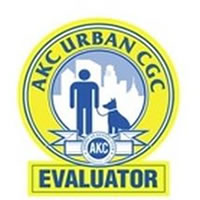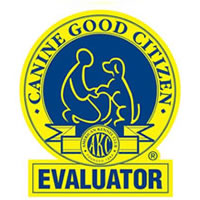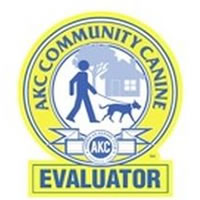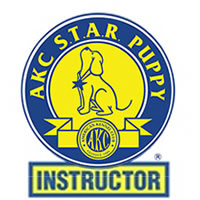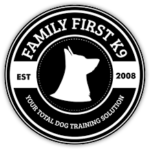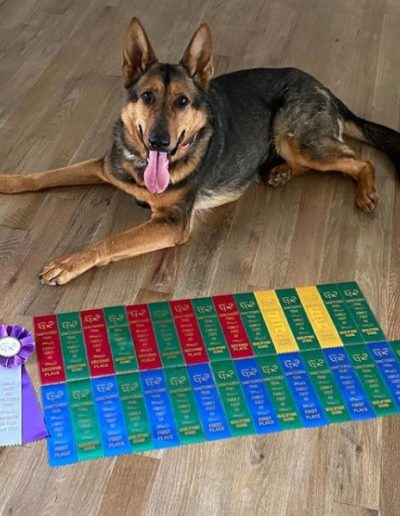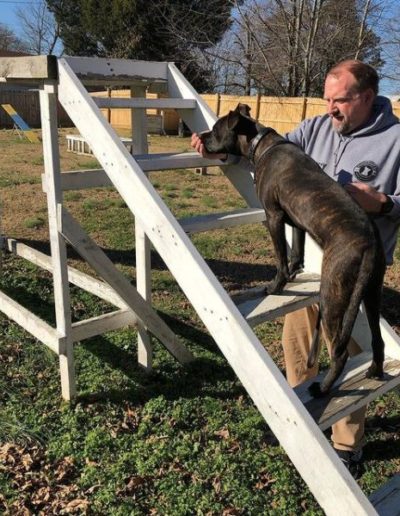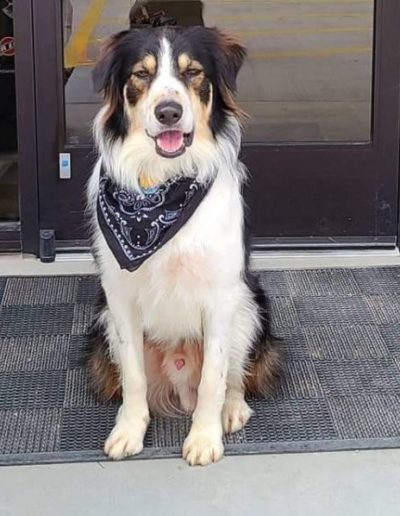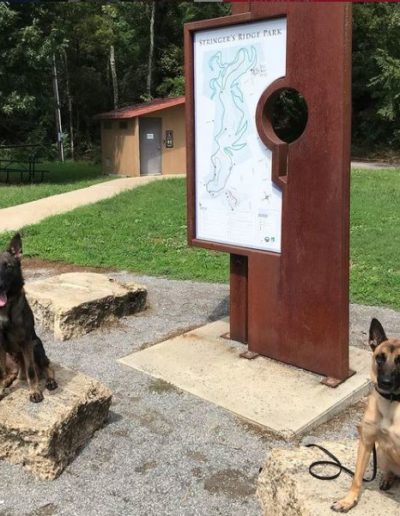dog obedience classes
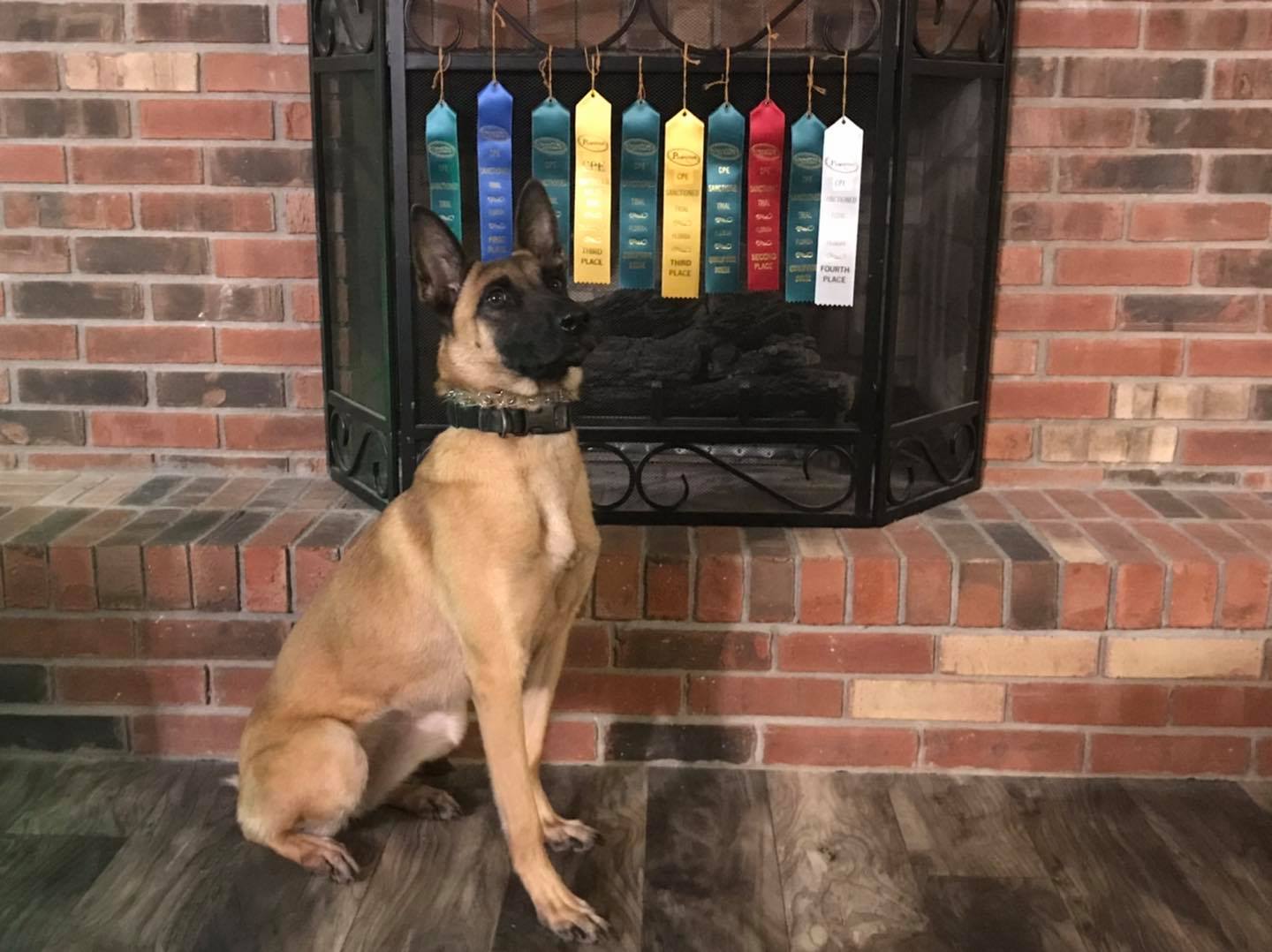
Aggressive Dog Issues
Assisting with aggressive dog training to modify unwanted behaviors can be a serious business. It can be a simple misunderstanding between owner and their dog, mistreatment from their past, other forms of abuse that may include physical or mental abuse. We admire veterinarians who must diagnose patients that can not verbalize to the doctor what is hurting. Likewise, we as trainers must be able to diagnose through behavior the cause of unwanted and dangerous aggression. As in the old saying with real estate about location, trust me when I tell you that the three most important things in dog training are experience, experience and experience. Recognizing and isolating the cause is PARAMOUNT in the chosen course of training for a dog with aggression issues. We can help
Puppy Training
The first year of life is so very important not only for humans but also for dogs. It’s a prime time to accurately shape behavior to a foundation that will last the rest of the pup’s life into adulthood. Training is recommended in the first year as their young minds are like sponges absorbing every little lesson. Shaping good habits like housebreaking, kenneling, going for walks, manners while riding well in vehicles are better learned and retained in the first year of life. We can usually start training puppies as early as 16 weeks (4 Months) with fantastic results. But ANYTIME in the first year is prime time for training. We have taken dogs in for training as old as 9 years of age with fantastic results as well.
Personal Protection Training
A protection trained dog can be the best asset or the worst liability. We as trainers must be certain of the client’s mindset and intentions when it comes to a protection trained dog. A thorough consultation is mandatory before the selling or training of a protection dog will be agreed upon.
obedience classess offered


6 Weeks long consisting of one hour classes. This class adds to the skills from the intermediate class including long downs, sit out of motion, the stand command, front command as well as focused heeling. We also introduce dogs to agility obstacles in this class.

how we train
Operant conditioning is a training method that seeks to modify behavior through consequences, such as reward or punishment.
Positive
Means something is added.
Negative
Means something is taken away.
Reinforcement
Behavior is likely to increase or strengthen.
Punishment
Behavior is likely to decrease or extinguish.
Positive Reinforcement
A dog’s behavior makes something good happen. A good example is potty training a puppy. Your puppy goes pee outside, you jump up and down for joy and praise him exuberantly. As a result, your puppy is more likely to pee outside again.
Positive Punishment
A dog’s behavior makes something bad happen. Your dog jumps on your chest, you raise your knee swiftly hitting him in the chest. As a result, your dog is more likely to think twice before jumping on you again. “Positive trainers” do not use positive punishment very much, if at all.
Negative Punishment
The dog’s behavior makes something good go away. My approach to stopping dogs from jumping on people is to deny positive interaction. Out of frustration, they will offer another behavior. For instance, when a dog jumps up on me, I stand as still as a post and don’t offer anything. The dog, out of frustration, will start trying other behaviors and will eventually sit in front of me. Then I mark with a clicker or a yes and then reward.
Negative Reinforcement
The dog’s behavior makes something bad go away. For example, a trainer is teaching a dog to walk on a loose leash. When the dog pulls, the trainer applies leash pressure. The dog then slows down and the lease is loose again. The dog learns that the “bad thing”, the tight leash, goes away when the leash is slack. Positive trainers may use a limited amount of negative reinforcement in the form of mild physical pressure.
Timing is the most important factor in utilizing this method. We can communicate with the dog only if the dog is very clear as to what it does to cause the reinforcement, but this comes only with precise timing and will work no other way. This is why having a professional trainer train your dog is so important. A professional trainer skilled in this method minimizes confusion, maximizes productivity, positions the dog where the chance of error is highly unlikely, and correctly uses the principals of “Operant Conditioning“.
Contact us to find out more about our obedience classes
